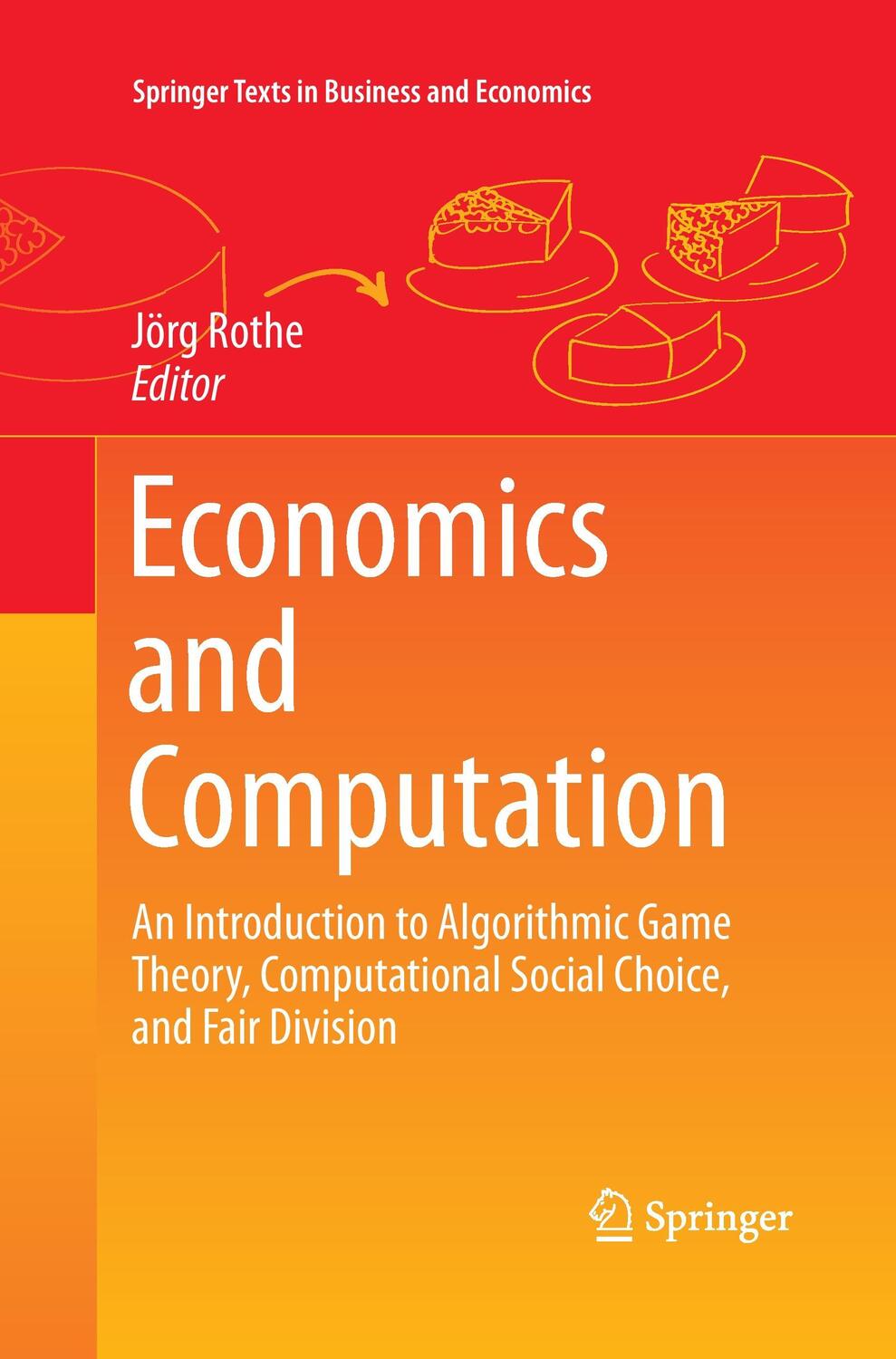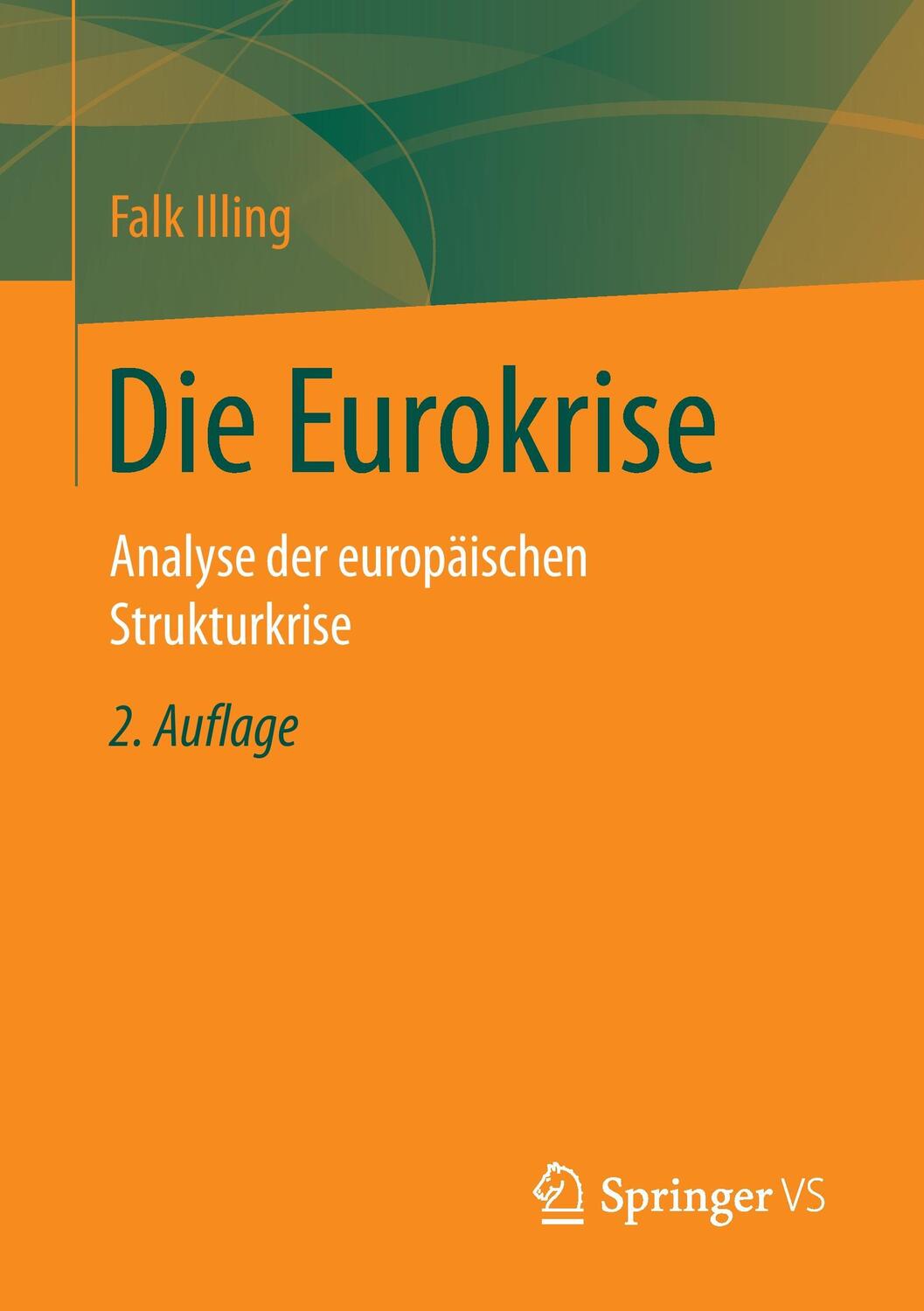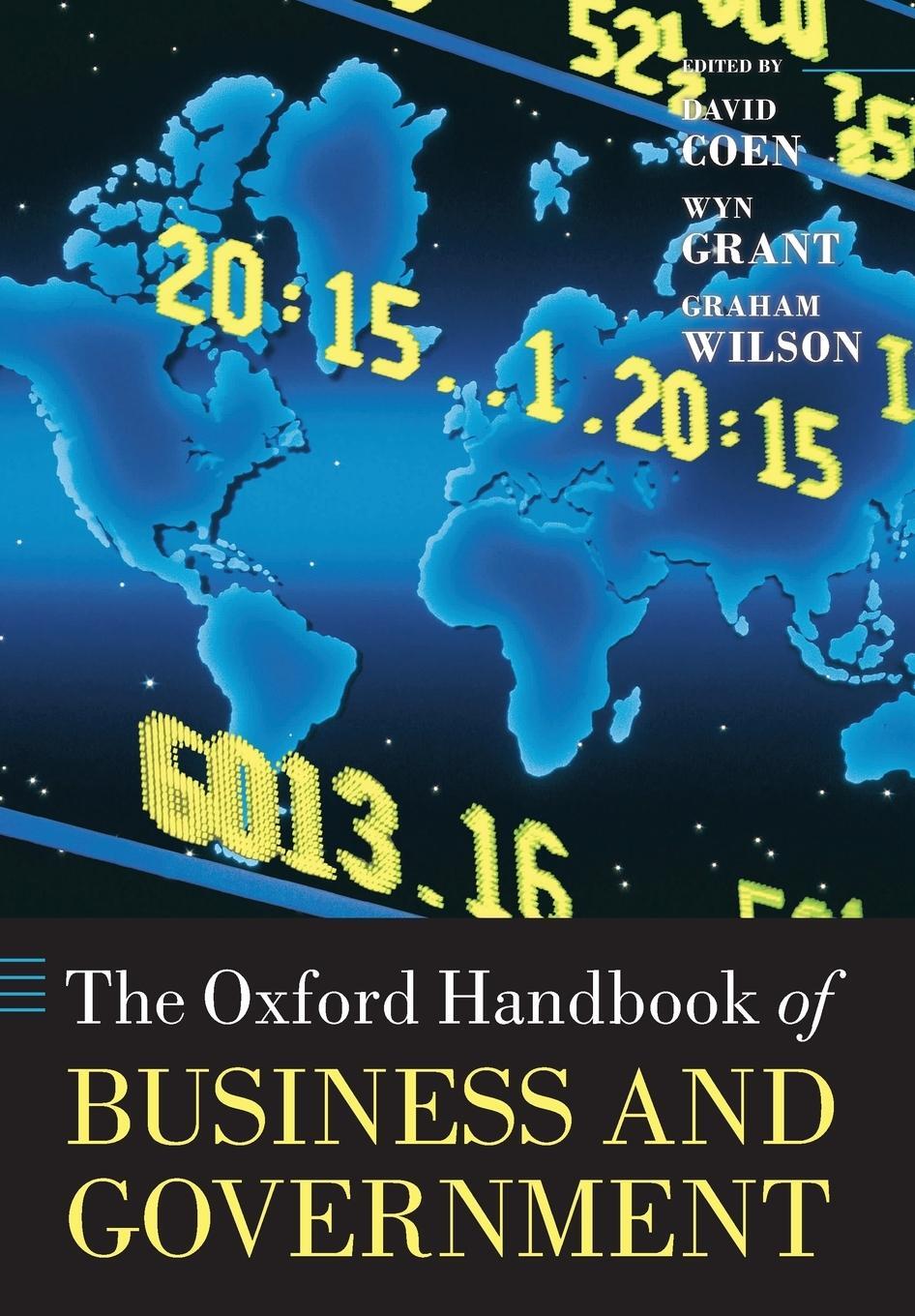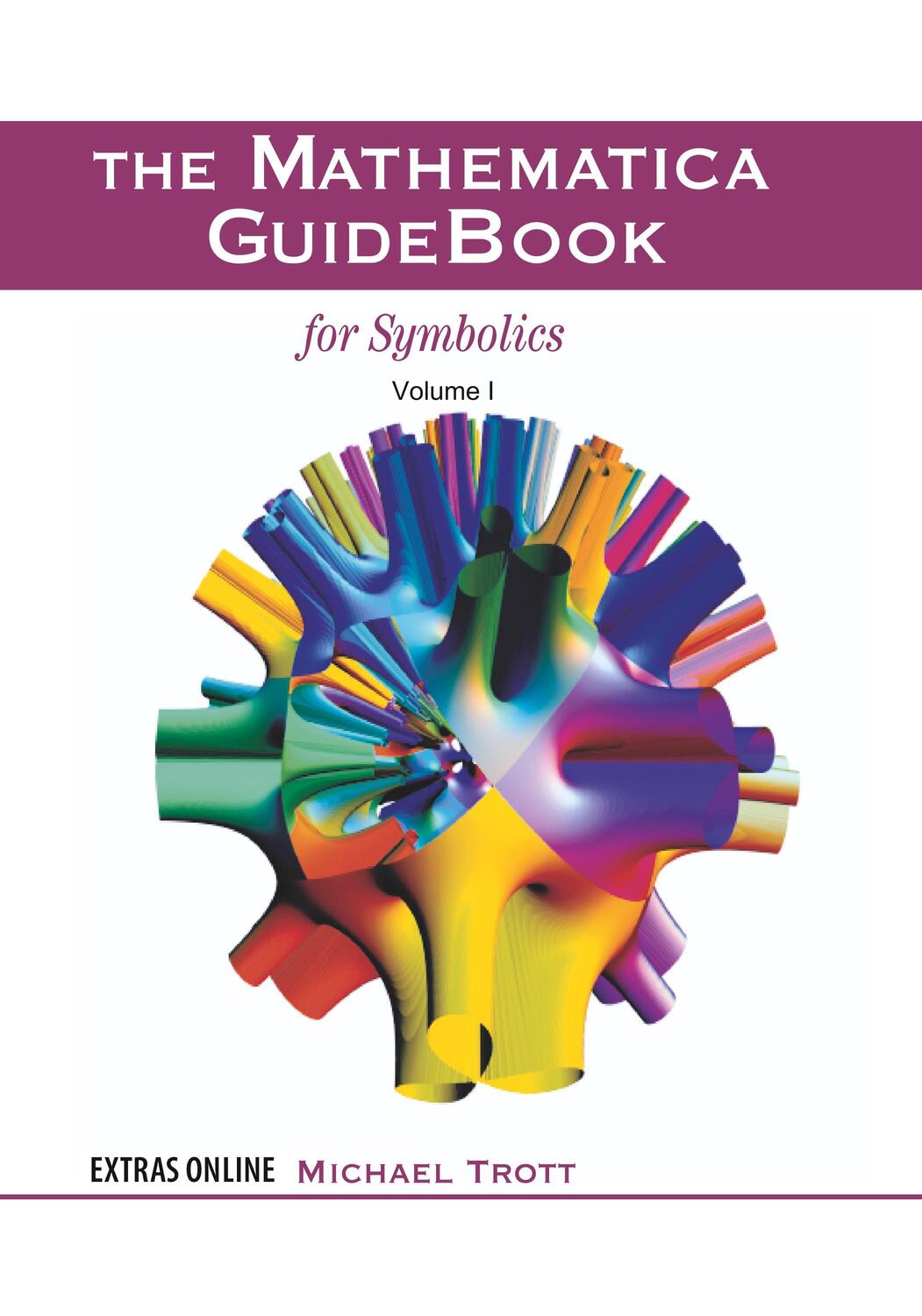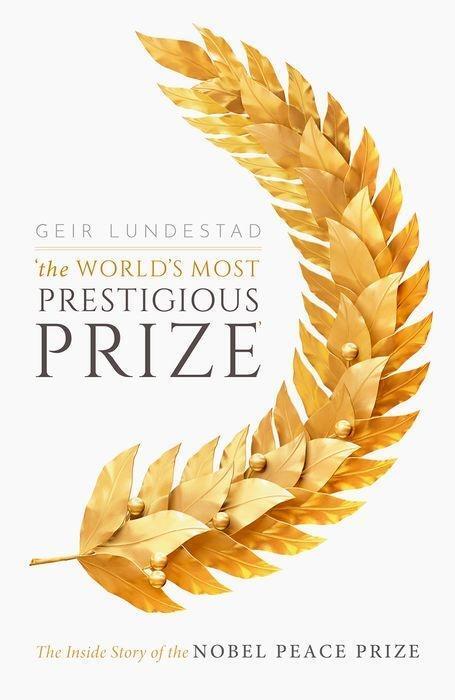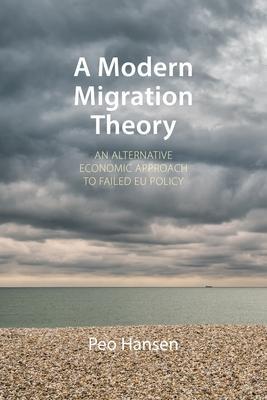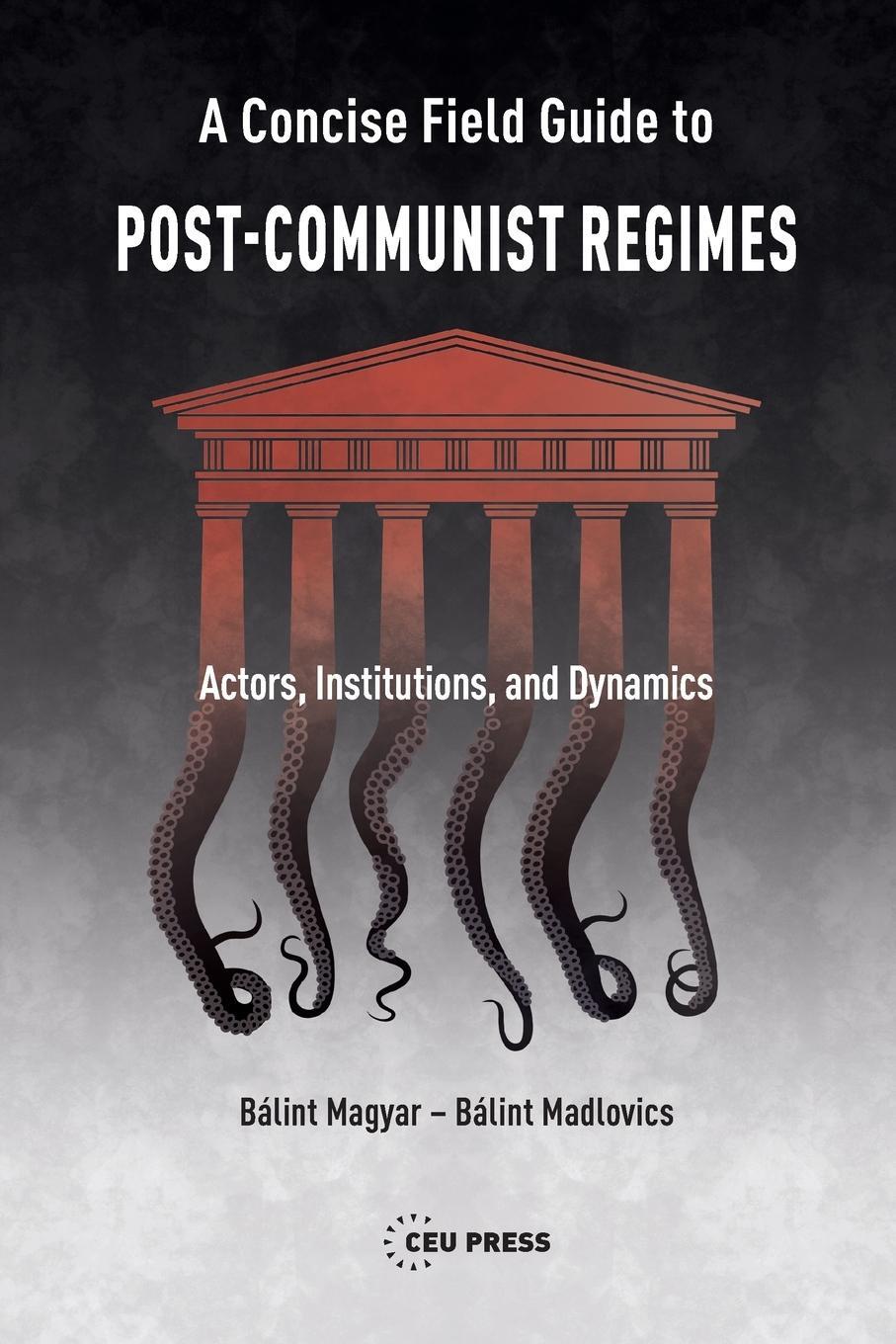80,95 €*
Versandkostenfrei per Post / DHL
Lieferzeit 4-7 Werktage
Dorothea Baumeister from Heinrich-Heine-Universität Düsseldorf, Germany, has coauthored Chapter 4 on preference aggregation by voting and Chapter 6 on judgment aggregation.
Edith Elkind from University of Oxford, UK, has coauthored Chapter 3 on cooperative game theory.
Gábor Erdélyi from University of Siegen, Germany, has coauthored Chapter 6 on judgment aggregation.
Piotr Faliszewski from AGH University of Science and Technology in Kraków, Poland, has coauthored Chapter 2 on noncooperative game theory.
Edith Hemaspaandra from Rochester Institute of Technology, USA, has coauthored Chapter 5 on the complexity of manipulative actions in single-peaked societies.
Lane A. Hemaspaandra from University of Rochester, USA, also has coauthored Chapter 5 on the complexity of manipulative actions in single-peaked societies.
Jérôme Lang from CNRS-LAMSADE, Université Paris-Dauphine, France, has coauthored Chapter 8 on fair division of indivisible goods.
Claudia Lindner from University of Manchester, UK, has coauthored Chapter 7 on cake-cutting: fair division of divisible goods.Irene Rothe from Bonn-Rhein-Sieg University of Applied Sciences, Germany, has coauthored Chapter 2 on noncooperative game theory.
Jörg Rothe from Heinrich-Heine-Universität Düsseldorf, Germany, has written introductory Chapter 1 and has coauthored Chapters 2-8.
First textbook on computational social choice
Connects economic and computational dimensions of collective decision-making
Explores the interrelations between algorithmic game theory, computational social choice and fair division
First book focusing on the algorithmic and complexity-theoretic aspects of fair division
| Erscheinungsjahr: | 2016 |
|---|---|
| Fachbereich: | Volkswirtschaft |
| Genre: | Wirtschaft |
| Rubrik: | Recht & Wirtschaft |
| Medium: | Taschenbuch |
| Seiten: | 628 |
| Reihe: | Springer Texts in Business and Economics |
| Inhalt: |
xiii
612 S. 114 s/w Illustr. 9 farbige Illustr. 612 p. 123 illus. 9 illus. in color. |
| ISBN-13: | 9783662510445 |
| ISBN-10: | 3662510448 |
| Sprache: | Englisch |
| Ausstattung / Beilage: | Paperback |
| Einband: | Kartoniert / Broschiert |
| Redaktion: | Rothe, Jörg |
| Herausgeber: | Jörg Rothe |
| Illustrator: | Rothe, Irene |
| Auflage: | Softcover reprint of the original 1st ed. 2016 |
| Hersteller: |
Springer-Verlag GmbH
Springer Berlin Heidelberg Springer Texts in Business and Economics |
| Maße: | 235 x 155 x 34 mm |
| Von/Mit: | Jörg Rothe |
| Erscheinungsdatum: | 23.08.2016 |
| Gewicht: | 0,937 kg |
Dorothea Baumeister from Heinrich-Heine-Universität Düsseldorf, Germany, has coauthored Chapter 4 on preference aggregation by voting and Chapter 6 on judgment aggregation.
Edith Elkind from University of Oxford, UK, has coauthored Chapter 3 on cooperative game theory.
Gábor Erdélyi from University of Siegen, Germany, has coauthored Chapter 6 on judgment aggregation.
Piotr Faliszewski from AGH University of Science and Technology in Kraków, Poland, has coauthored Chapter 2 on noncooperative game theory.
Edith Hemaspaandra from Rochester Institute of Technology, USA, has coauthored Chapter 5 on the complexity of manipulative actions in single-peaked societies.
Lane A. Hemaspaandra from University of Rochester, USA, also has coauthored Chapter 5 on the complexity of manipulative actions in single-peaked societies.
Jérôme Lang from CNRS-LAMSADE, Université Paris-Dauphine, France, has coauthored Chapter 8 on fair division of indivisible goods.
Claudia Lindner from University of Manchester, UK, has coauthored Chapter 7 on cake-cutting: fair division of divisible goods.Irene Rothe from Bonn-Rhein-Sieg University of Applied Sciences, Germany, has coauthored Chapter 2 on noncooperative game theory.
Jörg Rothe from Heinrich-Heine-Universität Düsseldorf, Germany, has written introductory Chapter 1 and has coauthored Chapters 2-8.
First textbook on computational social choice
Connects economic and computational dimensions of collective decision-making
Explores the interrelations between algorithmic game theory, computational social choice and fair division
First book focusing on the algorithmic and complexity-theoretic aspects of fair division
| Erscheinungsjahr: | 2016 |
|---|---|
| Fachbereich: | Volkswirtschaft |
| Genre: | Wirtschaft |
| Rubrik: | Recht & Wirtschaft |
| Medium: | Taschenbuch |
| Seiten: | 628 |
| Reihe: | Springer Texts in Business and Economics |
| Inhalt: |
xiii
612 S. 114 s/w Illustr. 9 farbige Illustr. 612 p. 123 illus. 9 illus. in color. |
| ISBN-13: | 9783662510445 |
| ISBN-10: | 3662510448 |
| Sprache: | Englisch |
| Ausstattung / Beilage: | Paperback |
| Einband: | Kartoniert / Broschiert |
| Redaktion: | Rothe, Jörg |
| Herausgeber: | Jörg Rothe |
| Illustrator: | Rothe, Irene |
| Auflage: | Softcover reprint of the original 1st ed. 2016 |
| Hersteller: |
Springer-Verlag GmbH
Springer Berlin Heidelberg Springer Texts in Business and Economics |
| Maße: | 235 x 155 x 34 mm |
| Von/Mit: | Jörg Rothe |
| Erscheinungsdatum: | 23.08.2016 |
| Gewicht: | 0,937 kg |

